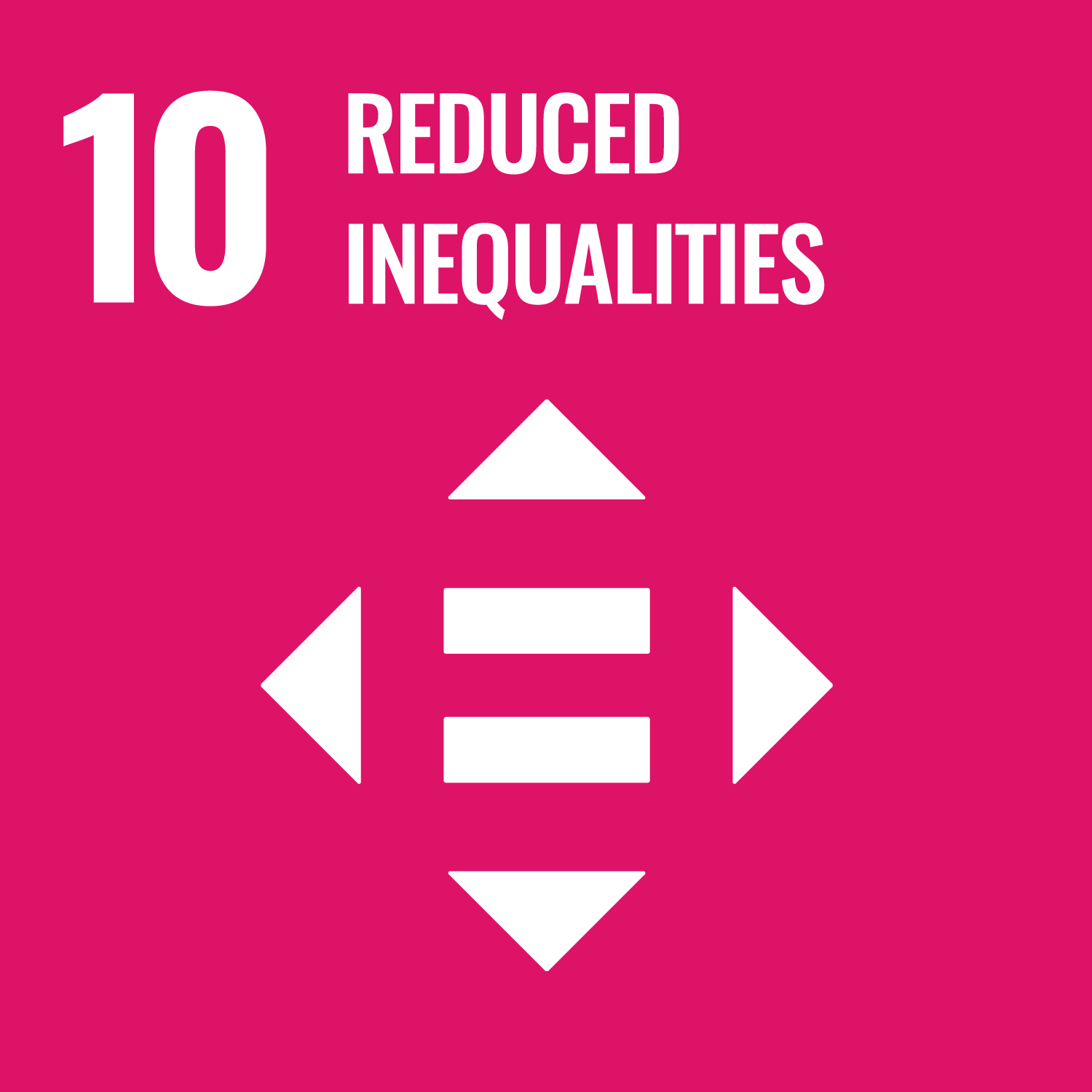Aluma SIB
Aligned SDGs


General overview
Stage of development: Implementation
Policy sector: Education
Date outcomes contract signed: Apr 2015
Start date of service provision: 2015
Capital raised (minimum): Israeli new shekels 10.55m (USD 2.71m)
Service users: 600 individuals
Intervention
The intervention seeks to reduce Computer Sciences student dropout rates in Haifa University and in Tel Aviv Yaffo Academic College, focusing on students coming from disadvantaged populations. Each student will receive: financial support, personal and tailored guidance, academic reinforcement (group studies, private tutoring, learning hubs, exams intensive preparation), and orientation with program mentors.
Target population
Participants must meet the following criteria: (1) must be studying Computer Science at Haifa University and in Tel Aviv Yaffo Academic College, (2) identified by the university as a student with a high risk of droping out, based on past achievements and socioeconomic background.
Location
Country
- Israel
Service delivery locations
- Haifa and Tel Aviv, Israel
Involved organisations
Commissioners/outcome payers
Service Providers
Investors
Intermediary organisations
Outcome metrics
- Project achieves a student dropout prevention rate that leads to savings for the academic institution of up to NIS 8,000,000 (repaid amount is equal to the amount saved). Historical baseline.
- Project achieves a student dropout prevention rate that leads to savings for the academic institution of over NIS 8,000,000 (amount repaid corresponds to the amount saved over NIS 8,000,000, with a cap of SEK 800,000 [10% yield cap]). Historical baseline.
Spreadsheet of data
Important Notice and Disclaimer on INDIGO Data
INDIGO data are shared for research and policy analysis purposes. INDIGO data can be used to support a range of insights, for example, to understand the social outcomes that projects aim to improve, the network of organisations across projects, trends, scales, timelines and summary information. The collaborative system by which we collect, process, and share data is designed to advance data-sharing norms, harmonise data definitions and improve data use. These data are NOT shared for auditing, investment, or legal purposes. Please independently verify any data that you might use in decision making. We provide no guarantees or assurances as to the quality of these data. Data may be inaccurate, incomplete, inconsistent, and/or not current for various reasons: INDIGO is a collaborative and iterative initiative that mostly relies on projects all over the world volunteering to share their data. We have a system for processing information and try to attribute data to named sources, but we do not audit, cross-check, or verify all information provided to us. It takes time and resources to share data, which may not have been included in a project’s budget. Many of the projects are ongoing and timely updates may not be available. Different people may have different interpretations of data items and definitions. Even when data are high quality, interpretation or generalisation to different contexts may not be possible and/or requires additional information and/or expertise. Help us improve our data quality: email us at indigo@bsg.ox.ac.uk if you have data on new projects, changes or performance updates on current projects, clarifications or corrections on our data, and/or confidentiality or sensitivity notices. Please also give input via the INDIGO Data Definitions Improvement Tool and INDIGO Feedback Questionnaire.